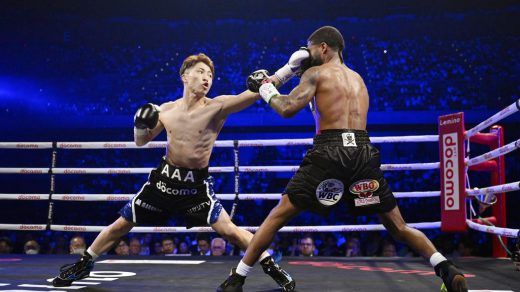The world of combat sports has changed dramatically over the past two decades. What was once a niche domain dominated by local promoters and handshake agreements has now grown into a global multimedia empire. From UFC pay-per-views to boxing matches drawing millions in revenue from endorsements and streaming platforms, fighters are no longer just athletes—they’re high-value brands.
With these changes, representation for boxing and MMA professionals has become more complex and critical than ever before.
The Fragmented Nature of Combat Sports Governance
Unlike traditional team sports leagues governed by centralized rules and player associations, combat sports remain fragmented. Fighters often negotiate contracts with individual promoters, each of whom has their own legal language, obligations, and payment structures. There’s no collective bargaining agreement, no league-wide pension plan, and minimal standardized legal protections.
This makes legal representation not just advisable, but essential.
Three Legal Areas Fighters Often Overlook
- Intellectual Property Ownership
Fighters are now as much public figures as athletes. Their ring names, catchphrases, and personas are marketable. But who owns the footage of your fights? Your walkout song? Your likeness used in game simulations or action figures?
Legal counsel can help ensure IP protections are in place so fighters aren’t unknowingly giving away future royalties or digital media rights in poorly defined contracts.
- Broadcast and Sponsorship Clauses
Broadcast and media rights are increasingly lucrative, but they’re also a legal minefield. Fighters might be required to appear in promotional material or give post-fight interviews with no additional compensation. Worse, some clauses restrict a fighter from entering sponsorship deals that conflict with event sponsors.
Legal representation helps parse these clauses and renegotiate terms when necessary.
- International Visa and Sanctioning Issues
For international fighters training or competing in the U.S.—especially in Florida and New York—immigration and sanctioning body compliance are major hurdles. Missed deadlines or unclear documentation can lead to bans or forfeited matches. A sports lawyer experienced in immigration and international athletic law can keep a fighter’s path to competition legally secure.
It’s Not Just About the Athlete
The need for legal clarity doesn’t stop at the fighter. Promoters, managers, agents, gym owners, and streaming platforms all operate in overlapping contractual relationships. If one party misunderstands a clause or fails to meet licensing requirements, the entire event—or an athlete’s career momentum—can be jeopardized.
Whether it’s drafting venue agreements, managing cross-border promotional deals, or resolving payment disputes between management and fighters, the presence of a sports attorney can be the difference between chaos and consistency.
Final Thoughts
In combat sports, preparation is everything. Fighters spend countless hours training for an opponent they can study on film. But without the right legal protections, many step into business agreements blindfolded.
Representation for boxing and MMA professionals isn’t just about defense—it’s about strategy, negotiation, and building a career that lasts long after the final bell.







Leave a Reply